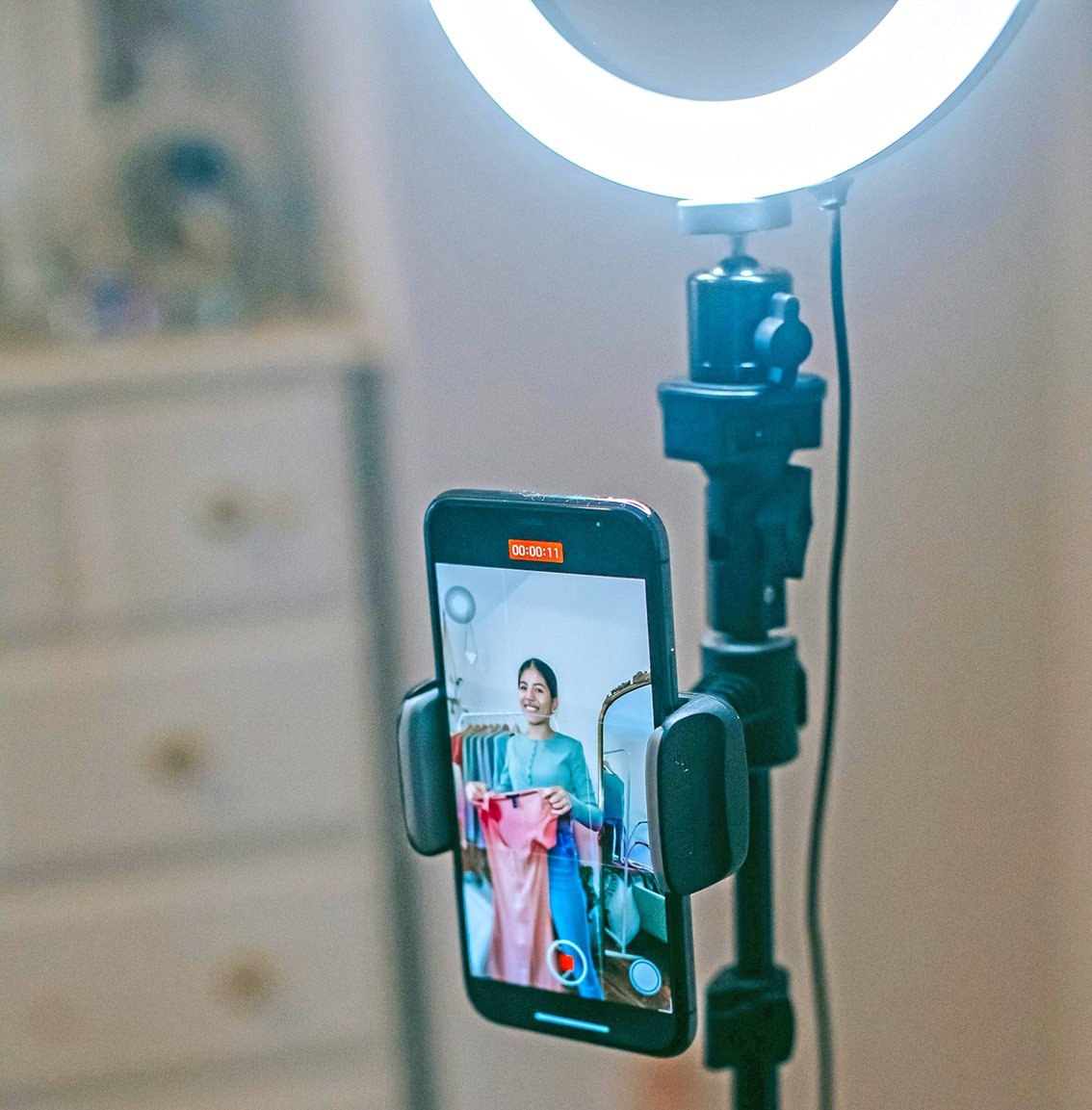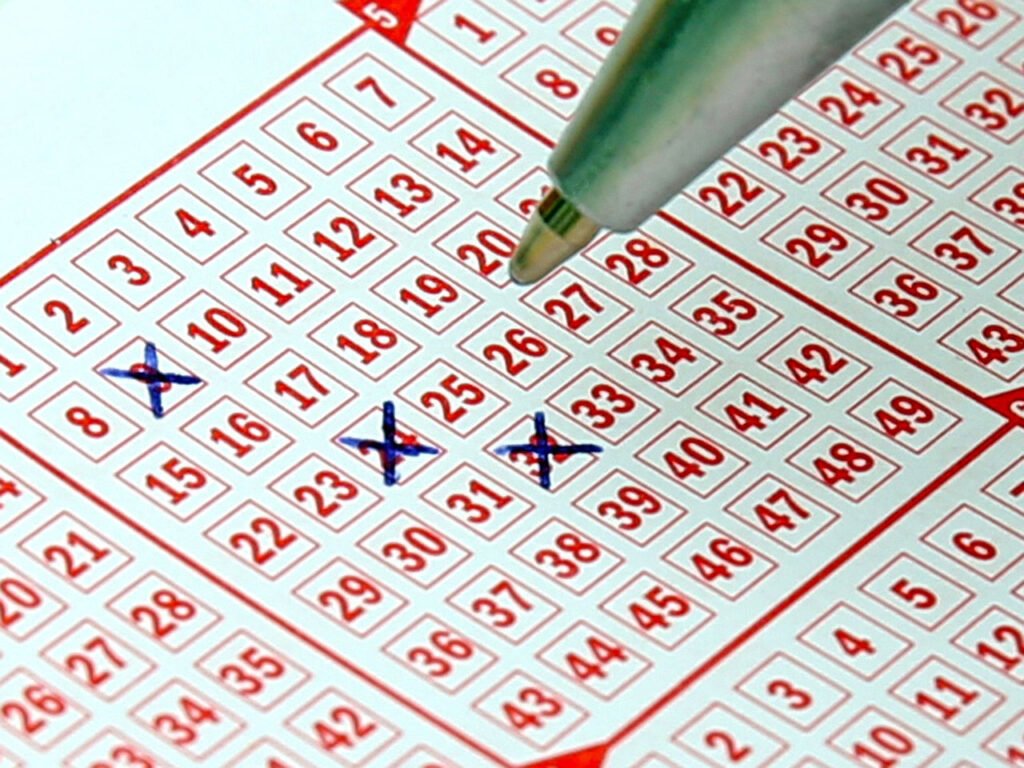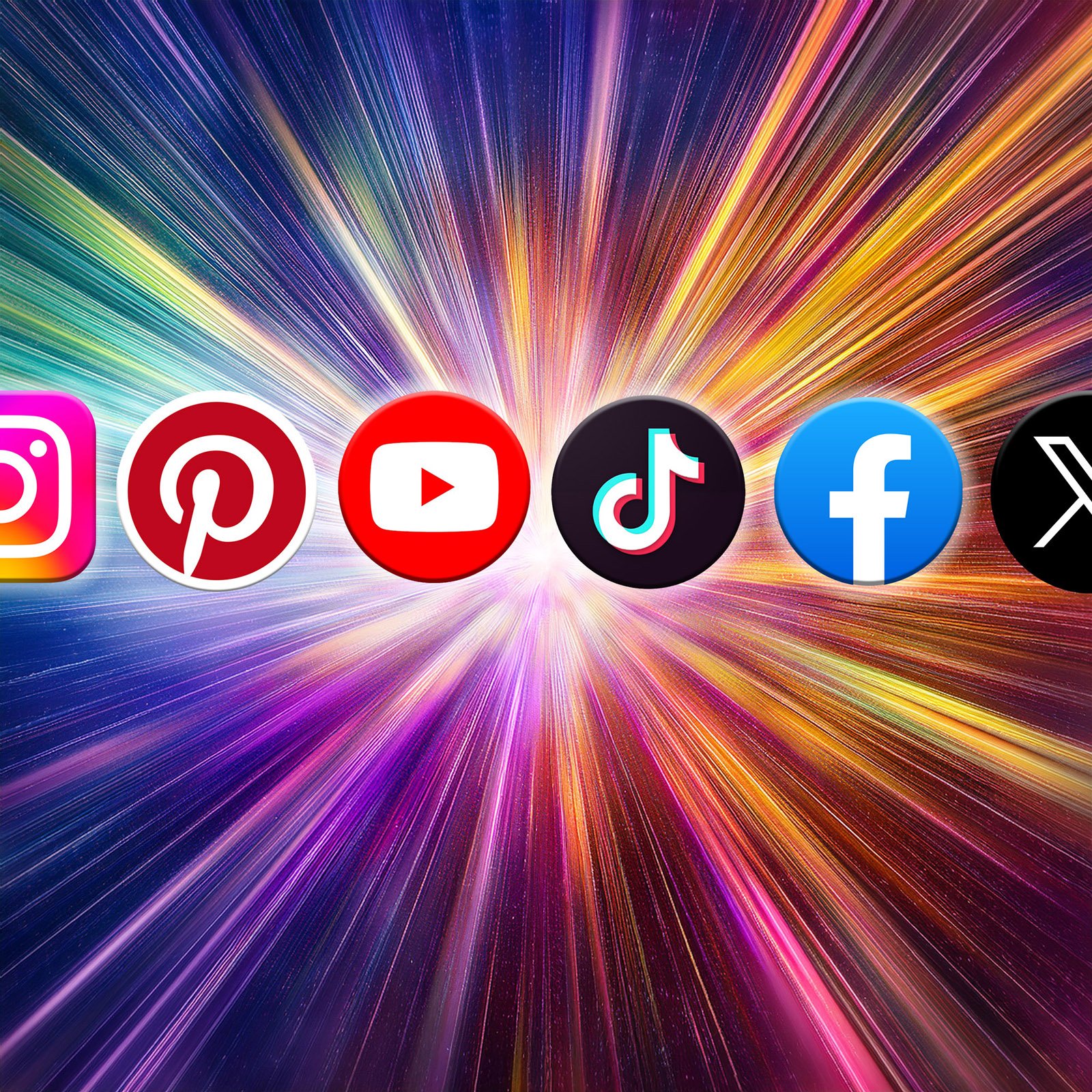Content Creation vs Lottery: Which Is the Smarter Bet?
“Why spend hours creating blog posts or videos, when you could just buy a lottery ticket and strike it rich?”
I’m often surprised to realise how much this remains a tempting thought for some. The lottery offers the dream of instant wealth, while building an online income can feel like slow, uphill work.
But when you compare the odds and the long-term potential, content creation clearly stands out. Here’s a breakdown of which path actually makes sense if your goal is financial success, as well as an insight into the psychology behind each choice.
🎧
Prefer to listen? This topic is also explored in an episode of the John Dawson Blogcast:

“The lottery is a taxation upon all the fools in creation…”
Henry Fielding
Content Creation: Building an Asset, Not Just Hoping for Luck
The world of blogging, YouTube, and social media isn’t a get-rich-quick scheme, but for those who stick with it, the potential is very real.
Earning Potential: What the Numbers Say
Surveys paint a clear picture:
- First earnings take time. On average, it takes 21 months to earn your first dollar from a blog, and close to 4 years to reach a full-time income.
- But progress often comes faster. 28% of bloggers report earning something within six months, and 34% reach full-time income by year two.
- YouTube is similarly skewed. The top 3% of creators get 90% of all views, and thus most of the ad revenue. Yet plenty of creators earn modest but meaningful side incomes, especially when combining ads with sponsorships, affiliate links, or merchandise.
- Even a relatively small blog or YouTube channel can generate $1,000 to $5,000 a month after a few years, and some niches (finance, tech) can earn far more per viewer than lifestyle or art channels. Affiliate marketing shows the same pattern: while over half earn less than $10,000 per year, skilled affiliates regularly pull six figures.
In other words, while most creators won’t become millionaires, there’s a wide middle ground of success that can make a real difference.
What Actually Drives Success?

Unlike gambling, creators can actively improve their odds. The most common success factors are:
- Audience Size & Engagement – More views, clicks, and loyal followers = more revenue.
- Consistency & Quality – Posting at least 2–3 times per week keeps algorithms happy and audiences coming back.
- Smart Monetization – Diversify income: ads, sponsorships, affiliate links, and even your own products.
- Choosing the Right Niche – Finance and tech command high ad rates, while lifestyle and art pay much less per view.
- Audience Trust – People buy from (and share) creators they trust, making authenticity a valuable asset.
Think of each blog post or video as a digital asset that can keep earning for years. The more you create, the more your income can snowball: a compounding effect that doesn’t exist in gambling.
Viral successes, and plenty of everyday ones too
The headline-grabbing cases are inspiring:
- Pat Flynn (Smart Passive Income) has earned over $3.5 million online.
- Michelle Schroeder-Gardner (Making Sense of Cents) has publicly shared earnings of $100,000 per month at her peak.
- On YouTube, MrBeast earned about $54 million in 2021 alone.
But even more encouraging are the thousands of smaller successes: niche bloggers making $5,000 a month, or micro-influencers landing regular brand deals.
The common thread? Persistence. Each piece of content increases your reach, improves your skills, and builds a personal brand that can pay off for years.

The Lottery: A Tax on Hope
The lottery sells dreams, but the math tells a different story.
The Brutal Odds
- Powerball jackpot odds: 1 in 292 million.
- Mega Millions jackpot odds: 1 in 302 million.
- Chance of winning any prize in Powerball: About 1 in 24, usually just $4 or $7.
- Scratch-off tickets? Sure, you might have a “1 in 3” chance to win something, but big prizes are usually 1 in a million or worse.
Even if you play weekly for 50 years (2,600 tickets), your odds barely move. Statistically, you’re more likely to be struck by lightning multiple times than to win a major jackpot.
A Losing Game by Design
Lotteries pay out only 50–60% of ticket sales as prizes. That means for every $1 spent, you’re statistically losing about 40¢.
A $10-a-week habit costs $520 a year with almost no chance of a big payout. And even jackpot winners face reality checks: lump-sum payouts are usually 50–60% of the advertised amount (before taxes).
Unlike content creation, which can generate ongoing income, lottery winnings are one-shot events. You either win or you don’t: there’s no way to “build” anything over time.

Why People Still Play: The Psychology of Hope
If the odds are so bad, why do millions keep buying tickets? Because buying a ticket feels good. Studies show just holding a lottery ticket boosts mood, even if players never check results. The lottery sells:
- The dream of instant wealth – $2 buys permission to imagine a new life.
- The illusion of fairness – “Everyone has the same chance,” regardless of income or background.
- Dopamine hits – Small, intermittent wins ($5 here, $10 there) trigger the same addictive brain response as slot machines.
The problem? It’s all passive. No matter how many tickets you buy, you can’t improve your odds. Every draw resets to almost zero.
The Psychology of Content Creation: Slow Wins, Real Growth
Content creation works on the opposite psychology:
- Intrinsic motivation – Passion, creative expression, or independence drive many creators.
- Progress feels earned – Hitting 1,000 subscribers or making your first $100 in ad revenue is proof that your work is paying off.
- Delayed gratification – It takes patience, but every post or video is a step closer to long-term success.
Unlike the lottery, creators have control. Improve your content, understand your audience, and your odds get better. The journey also builds valuable skills (writing, video editing, marketing) that open other income opportunities, even if the first project doesn’t take off.

Effort vs Luck: The Core Difference
The contrast couldn’t be sharper:
Lottery | Content Creation |
Pure luck – no skill involved | Skill-based – you can improve your odds |
Almost guaranteed long-term loss | High odds of at least modest success |
One-time payoff, if any | Recurring, compounding income potential |
No transferable skills gained | Builds skills, brand, and opportunities |
Thrill lasts minutes | Growth and rewards can last years |
If we compare chances of real wealth: around 10% of Americans become self-made millionaires in their lifetime, while the odds of hitting a lottery jackpot are less than 0.000001%. Statistically, you’re thousands of times more likely to build wealth through effort than luck.
The Verdict: Build Something and Bet on Yourself, not on Chance
The lottery might be fun occasionally, and there’s nothing wrong with buying a ticket now and then for the thrill. But as a financial strategy, it’s a dead end.
Content creation, on the other hand, is work. But work that pays off. Each blog post, video, or social post is an investment in something you own, something that can keep earning for years.
- If you want a quick adrenaline rush, buy a ticket.
- If you want financial progress, start creating.
As the saying goes:
- Lottery: “Don’t gamble more than you can afford to lose.”
- Content creation: “You get back what you put into it.”
When it comes to building financial freedom, creating value beats chasing chance every time.
Content Creation vs Lottery FAQ
Sources:
- Pew Research Center, “Gig Work, Online Selling and Home Sharing,” 2022.
- SmartPassiveIncome.com – for Pat Flynn’s earnings and insights.
- MakingSenseOfCents.com – for Michelle Schroeder-Gardner’s affiliate earnings.
- Forbes, “Highest-Paid YouTube Stars of 2021” – for MrBeast (Jimmy Donaldson).
- BloggingWizard.com, “How Long It Takes to Make Money Blogging.”
- Ahrefs Blog, “How Much Money Do Bloggers Make in 2024?”
- PayScale, “Affiliate Marketing Salary Range.”
- YouTube Revenue Data (via SocialBlade and Influencer Marketing Hub).
- Influencer Marketing Hub, “TikTok Creator Fund Explained.”
- Powerball.com and MegaMillions.com – for jackpot odds and payout structures.
- The Atlantic, “Why People Play the Lottery” – on the psychology of gambling.
- National Bureau of Economic Research (NBER), “Gambling Behavior and the Psychology of Risk.”
- Psychology Today, “Why We Buy Lottery Tickets.”
- Business Insider, “The Odds of Winning the Lottery Compared to Other Events.”
Great to have you here! Feel free to leave your thoughts in the comments.
Hi, I’m John Dawson, the creator of DawsonDecoded. Whether you’re here to start a blog, explore new ways to earn online, or rethink your career path, I hope you’ll find something useful, and maybe even inspiring.
Want honest insights on blogging, online income, and simple tools to build something of your own?
Subscribe and get new posts delivered straight to your inbox. No spam, just the good stuff.
Pinterest for Bloggers: Why It’s the Best Platform to Grow Your Blog in 2025
Pinterest is still one of the best ways to grow blog traffic in 2025. Here’s how to use it to get steady visitors for months, even years after posting.
Are Influencer Courses Still Worth It in 2025, or Just Built on Yesterday’s Internet?
Online courses promise to teach you how to make money as a creator. But in 2025, are they worth it or just selling outdated methods?
Can You Really Make Passive Income with Stock Photography in 2025?
Can you really earn passive income selling stock photos? I tested it myself. Here’s what the reality looks like and what it takes to make it work.
What are the best social media platforms to drive traffic to your blog in 2025?
Which social platform is best for growing a blog? Here’s a breakdown of the main networks: their audiences, strengths, and weaknesses.
The Truth About Passive Income: What You Need to Know to Succeed
Passive income sounds great, but how real is the hype in 2025? Here’s what the stats say, and how blogging can still be part of the game.







Leave a Reply